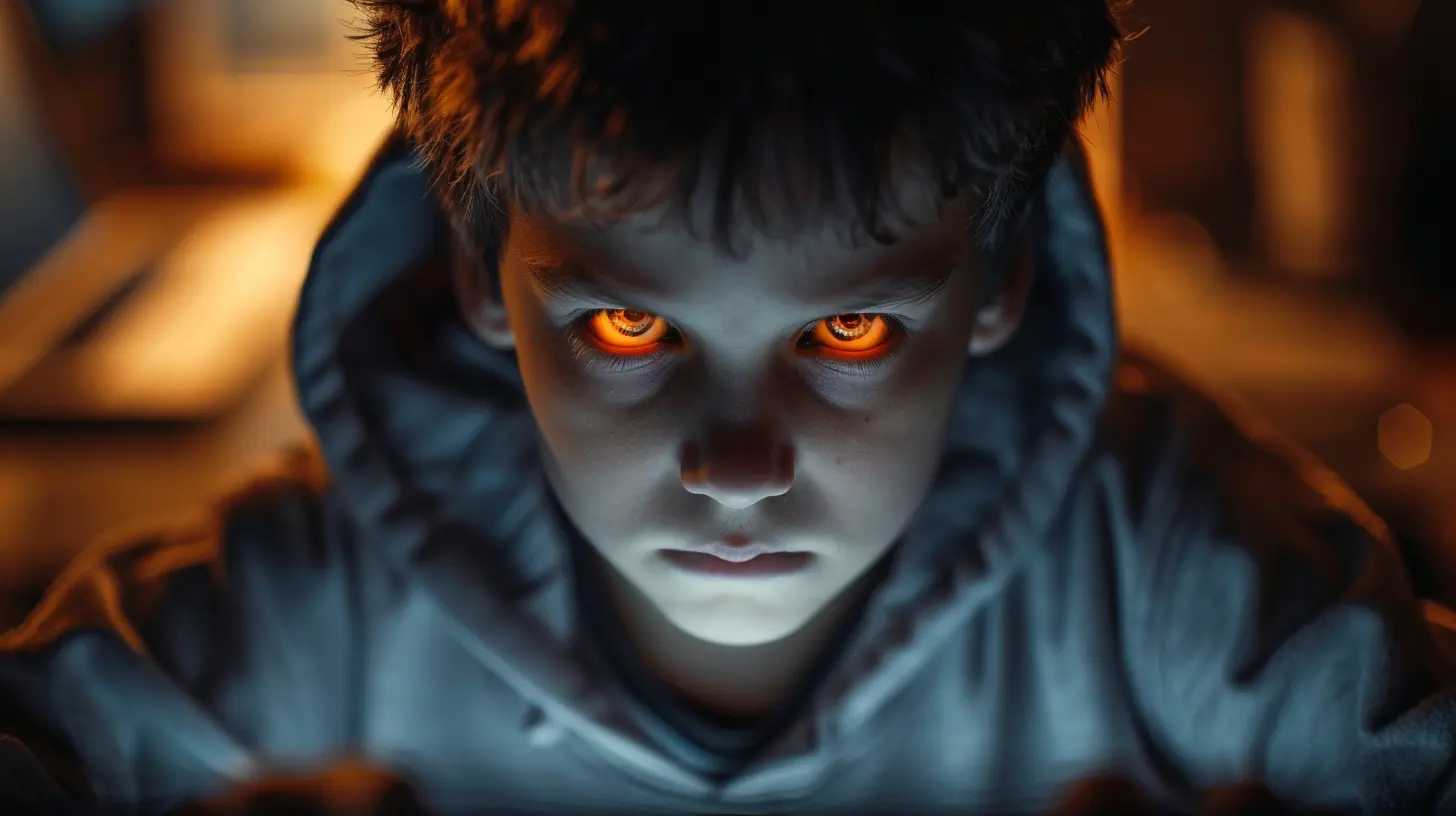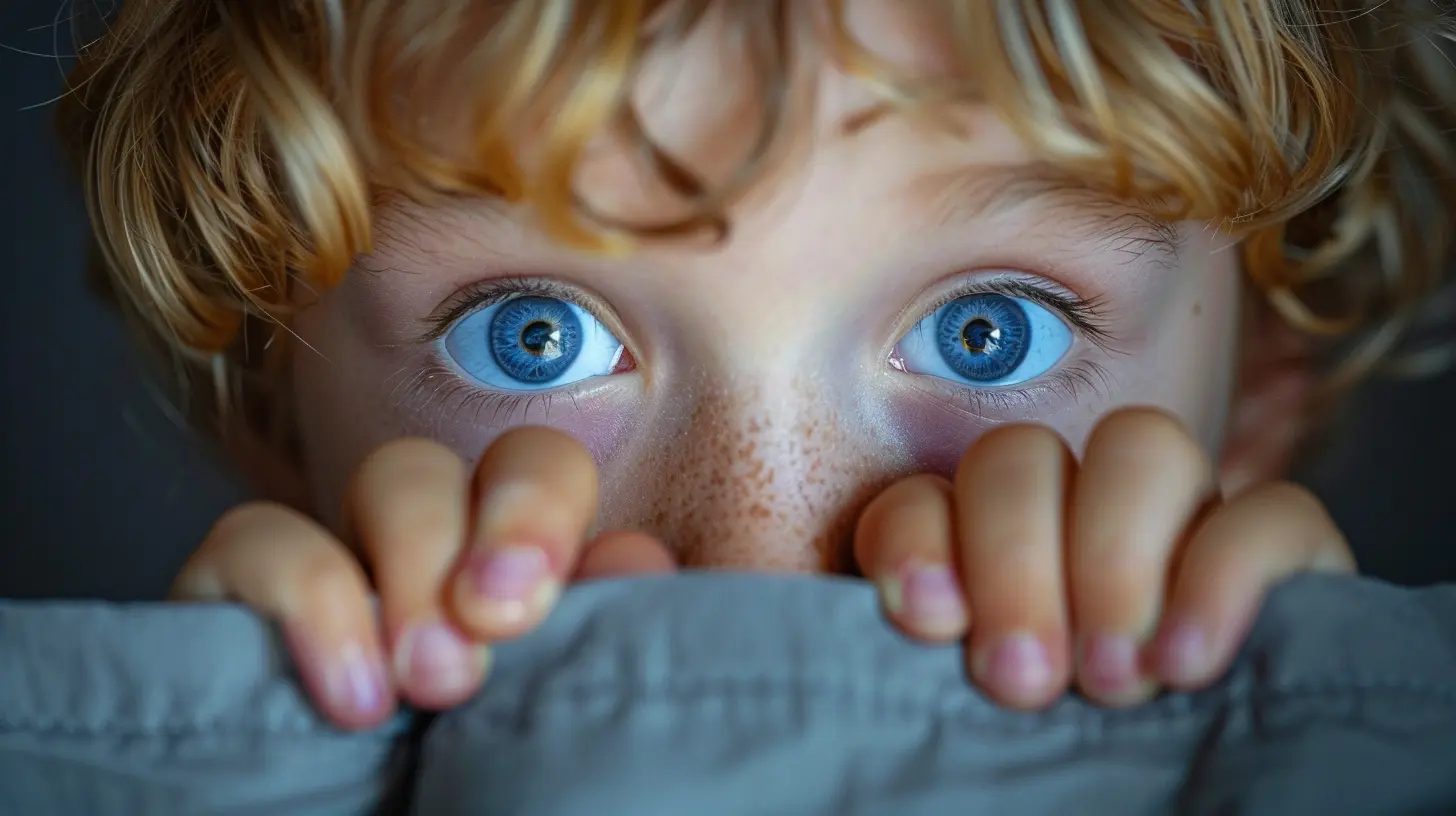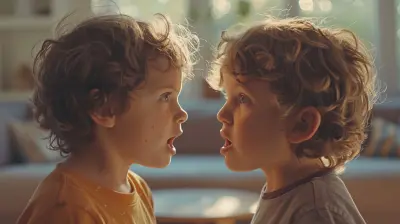14 March 2025
Social media is a double-edged sword. On one side, it connects people, helps build friendships, and allows us to express ourselves. But on the other side? It can be a breeding ground for oversharing—and that’s where things get risky, especially for kids.
In today’s digital world, posting online feels as natural as breathing. But before kids hit that "share" button, they need to stop and think: Am I sharing too much? Could this come back to haunt me? Because once something is on the internet, it’s not always easy (or even possible) to take it back.

What Exactly Is Oversharing?
Oversharing isn't just about posting too much—it's about posting the wrong kind of information. Things like:- Personal details (full name, school, home address)
- Private conversations or arguments
- Embarrassing or inappropriate pictures
- Emotional rants they might regret later
What kids don’t always realize is that every post, picture, and comment is a digital footprint—one that can be used against them in ways they never imagined. 
1. The Internet Doesn’t Forget
Once something is online, it’s out of your control. Even if kids delete a post, someone might have already taken a screenshot or shared it. Years later, that silly post or angry rant could resurface—and not in a good way.Imagine applying for a dream job or college, only to have an old, inappropriate tweet dragged up. What goes online stays online.
Real-Life Consequence:
Many celebrities, athletes, and even politicians have lost opportunities because of things they posted years ago. If adults can’t escape their past posts, kids certainly won’t be able to either.
2. Strangers Might Be Watching
Kids often assume they’re just posting for friends, but unless their profiles are private (and even if they are), strangers can still find their content. A simple post of a school event or location tag can give away where they are or where they live.👀 Would they walk up to a stranger on the street and give them their address? No? Then why post it online?
Online Predators Are Real
There are people online who aren’t who they say they are. They trick kids into sharing more personal information, making it easier to manipulate or harm them.
3. Cyberbullying Feeds on Oversharing
The more personal information kids share online, the easier it becomes for bullies to target them. That emotional vent about a bad day? A cyberbully could twist it into ammunition. That embarrassing video? It could become viral for all the wrong reasons.Kids should ask themselves: "Would I be okay with my worst enemy having this information?" If not, they shouldn’t post it.
4. Identity Theft Isn’t Just for Adults
Most people think identity theft only happens to grown-ups with credit cards and bank accounts. Wrong. Kids are actually prime targets because they have clean credit histories.When kids share personal details—like their full name, birth date, or school—they make it easier for hackers to steal their identity. And the worst part? Many don’t realize it until they’re older and try applying for a loan, only to find out someone has already ruined their credit.
5. Mental Health Can Take a Hit
Let’s be real—social media creates pressure. Kids who overshare often fall into the trap of seeking validation from likes, comments, and shares. When they don’t get the reaction they expect, it can lead to anxiety, self-doubt, and even depression.And oversharing personal struggles? It might feel like getting support, but it also means airing vulnerabilities to people who might not have their best interests at heart.
Likes Don’t Equal Self-Worth
If kids depend on social media for validation, they’ll always feel like they’re not enough. Instead of oversharing, they should talk to friends, family, or a trusted adult when they need support.6. Colleges & Employers Are Watching
Many kids don’t realize that colleges and future employers check social media. What seems like an innocent joke or edgy post today might not be seen the same way later.Would they want their future boss to see that inappropriate meme they posted? If the answer is no, it’s better left unposted.
Real-Life Example:
There have been countless cases where students lost scholarships, employees got fired, or job offers were rescinded due to past social media posts. It doesn’t take much for a silly post to turn into a serious consequence.How Can Parents Help?
It’s tough to get kids to understand the dangers of oversharing, but parents can guide them by:1. Setting Social Media Boundaries
- Encourage private accounts.- Teach them to think before they post.
- Explain the risks of tagging locations.
2. Teaching Them About Digital Footprints
- Show them real-life examples of people who got in trouble for past posts.- Remind them that once something’s out there, it’s forever.
3. Encouraging Real-Life Communication
Social media isn’t the only way to express feelings. Teach kids to talk to trusted friends, family members, or a counselor instead of venting online.4. Leading by Example
If parents overshare online, kids will follow. Setting a good example is the best way to teach responsible social media habits.Final Thoughts: Think Before You Post
Social media can be fun and engaging, but it’s also a potential minefield. A moment of impulse can lead to years of regret. Before kids share personal details, vent frustrations, or post something questionable, they should ask themselves:- Would I be okay if this went viral?
- Would I want my future boss or teacher to see this?
- Am I sharing anything personal that could be used against me?
If there's even a hint of hesitation, the best choice is simple—don’t post it.







Cash Montgomery
Privacy first, drama last—always!
April 1, 2025 at 3:16 PM